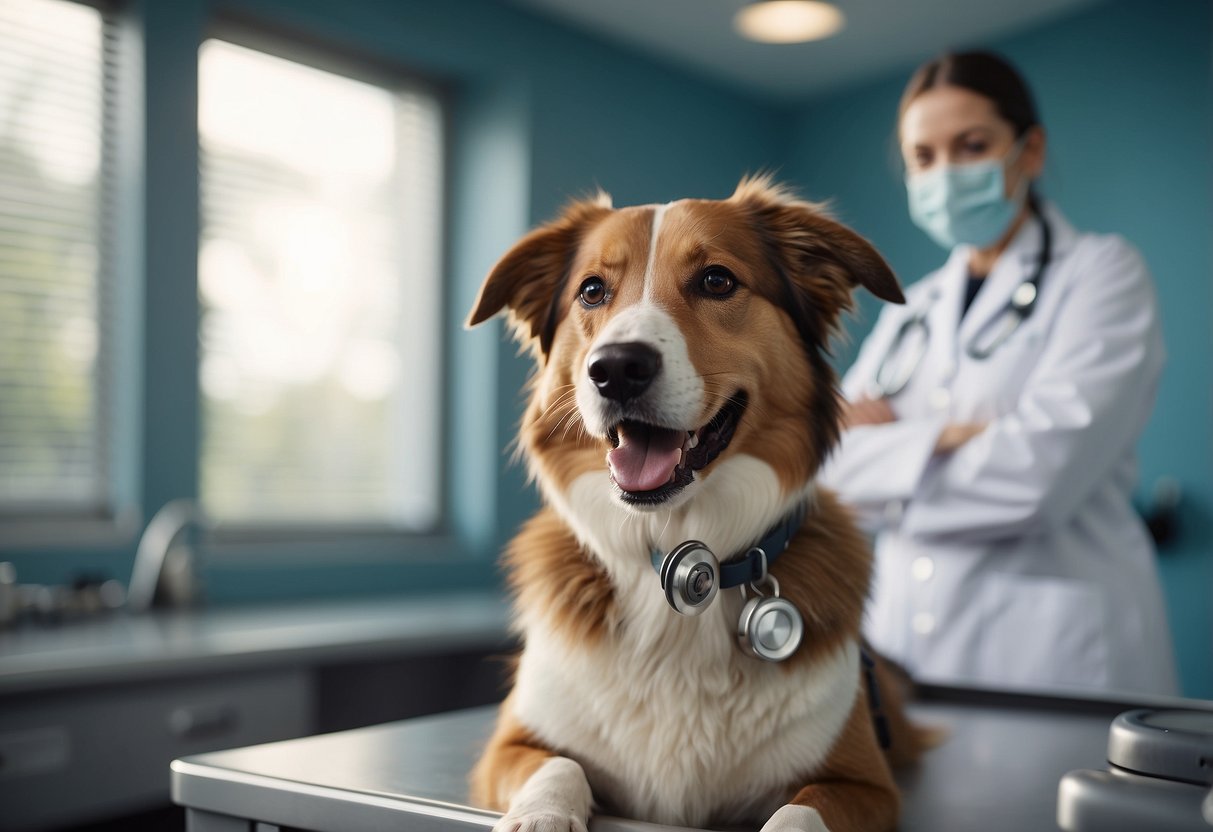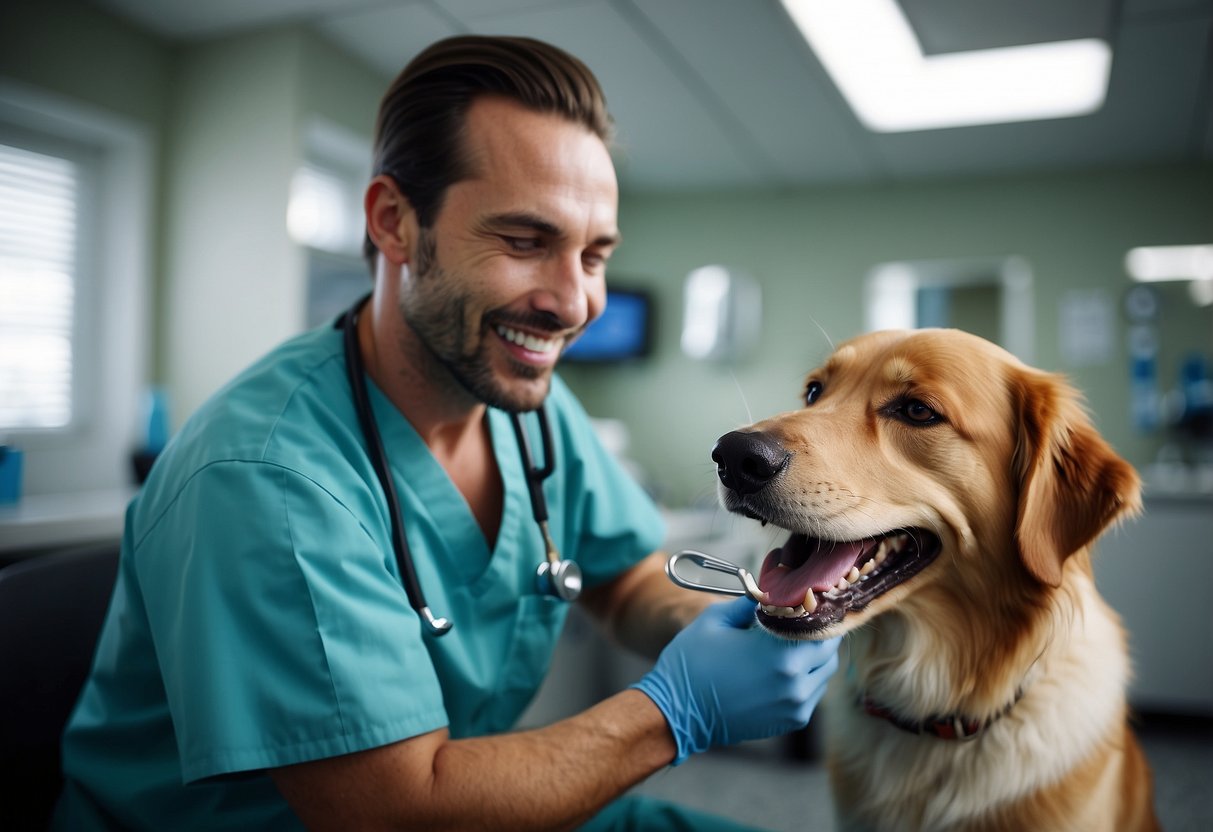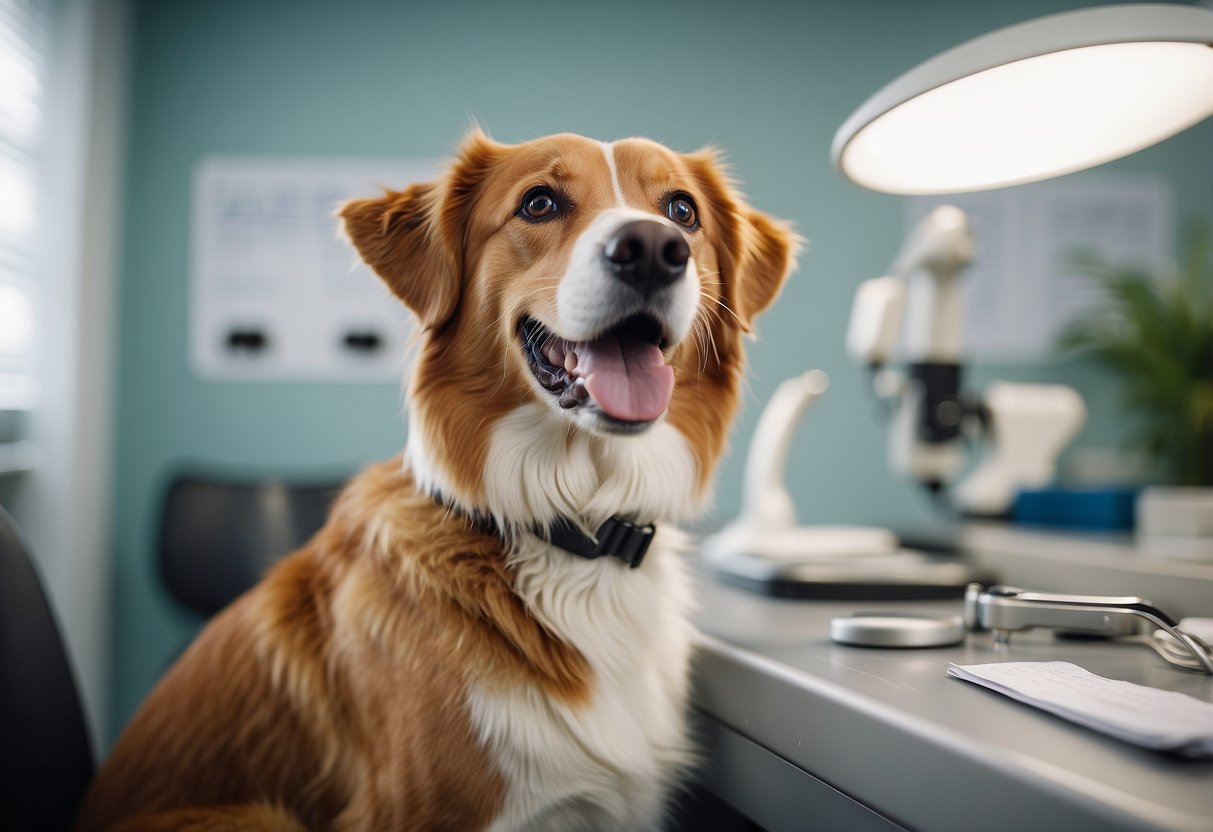
Dental Health and Hygiene

Regular dental care for pets prevents serious health issues and improves their overall quality of life. Proper dental hygiene and periodic veterinary check-ups ensure your pet has healthy teeth and gums.
Regular Dental Check-Ups
Pets require dental check-ups at least once a year. Vets can identify and treat problems like tooth decay, gum disease, and infections early. These visits often include examinations of the mouth, teeth, and gums to detect issues not visible to pet owners. X-rays might be taken to assess the health of the teeth below the gum line. This proactive approach helps in avoiding more serious complications later.
Dental Cleaning and Care
Professional dental cleaning involves removing plaque and tartar that can’t be managed by home brushing alone. Vets use specialized tools to clean above and below the gum line, reducing the risk of periodontal disease. This process is usually performed under anesthesia to ensure thorough cleaning and minimize stress for the pet. Routine cleanings, combined with daily home care, keep the pet’s mouth healthy and free from disease. Regular brushing at home with vet-approved toothpaste is also essential to maintain their dental hygiene between professional cleanings.
Behavioral Assessments

Behavioral assessments help in identifying issues that may impact a pet’s well-being and in providing guidance for potential training and behavioral modification.
Identifying Behavioral Issues
Veterinary visits are critical in detecting behavioral problems in pets early. Regular check-ups allow veterinarians to observe any changes or abnormalities in behavior. Common signs such as aggression, excessive barking, withdrawal, or fearfulness can indicate underlying health concerns or environmental stressors.
A thorough behavioral assessment distinguishes between medical and behavioral origins. For instance, pain-induced aggression can be treated differently than anxiety-related aggression. Identifying the root cause ensures that the pet receives appropriate care and interventions tailored to its specific needs.
Early identification of behavioral issues can prevent them from escalating. This proactive approach improves the pet’s quality of life and strengthens the bond between pets and their owners by fostering a better understanding of their needs and behaviors.
Advice on Training and Modifications
Once behavioral issues are identified, veterinarians provide personalized advice on training and environmental modifications. They may recommend behavior modification techniques, positive reinforcement training, or refer to a professional animal behaviorist for more specialized care.
Training programs tailored to the pet’s specific issues can address various problems such as separation anxiety, house soiling, or destructive behavior. Consistent training helps in building trust, promoting good behavior, and reducing stress.
Environmental modifications might involve changes in the pet’s living conditions to reduce stress triggers. This could include creating safe spaces, introducing new toys, or altering routines to enhance mental and physical stimulation.
Adopting these strategies improves behavioral outcomes and ensures a harmonious relationship between pets and their owners.



